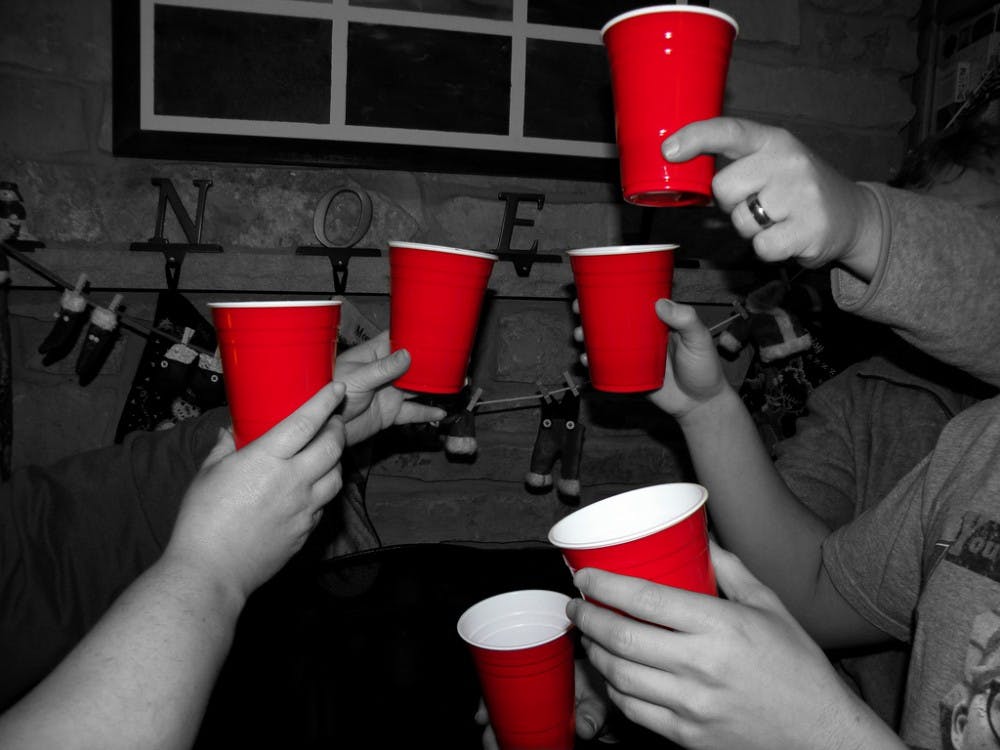I spent almost the entire two first years of my college experience wondering if there was something wrong with me. I never liked going out to the Street — every time I’d tried, I hadn’t had a great time. Maybe I hung out with the wrong people or went to the wrong clubs, but when I reflect on the time I’ve spent on the Street, I mostly remember my general discomfort around people I don’t know and dances I don’t like.
This reflection troubled me. I was painfully aware that the college experience, as portrayed in books, movies, and music, is supposed to be the time of any young person’s life, i.e., when they have the opportunity to party a lot; just take a look at movies like “The House Bunny” or “Legally Blonde.” After re-watching those films, I called my mom to ask if I had missed the stage of my development where I learned to enjoy going out. She responded that I was perfectly normal. My mental process, however, is reflective of our having grown up consuming the idea that most, if not all, people in college like to party — and that that’s the norm. The problem with that idea, however, is that some people don’t — so they often feel like something is wrong with them.
The reality is that partying is by no means the objective norm. Countless students have confided to me that they don’t enjoy it — and that they wonder if they’re normal. “What will my friends think?” they say. “Will they think I’m weird?” It breaks my heart to think that a friendship would be ever be contingent on something as peripheral as partying. Too often, students who don’t enjoy partying let this small part of their personalities negatively affect their self-worth.
Sadly, students often think that there is something wrong with them when they don’t conform to this image of college that popular society produces — that is to say, the one where everyone parties. Friends have cried on my shoulder because they’re virgins and apparently no one in college should be; others have whispered that they don’t want to drink but feel social pressure to do so in college. The common refrain is that these individuals feel that they are, in some way, “damaged goods” for not wanting to drink, have sex, or go out. But the fact is that they’re not.
If the case is that you don’t partake in these activities, there is nothing wrong with you. No one and nothing should have any jurisdiction over what you choose to make out of your college experience. In fact, if participating in these activities under social or societal pressure makes you unhappy, then there’s nothing wrong with stopping altogether. It’s perfectly fine to refrain from certain “prescribed” activities if they detract from your time at Princeton — especially if they detract from your time at Princeton. The notion that all “normal” college students enjoy going out is flawed. There’s nothing wrong with going out or having sex, but to silently make others feel bad for abstaining or to reinforce the notion that everyone enjoys the same things you do is wrong.
I’ve only recently come to realize that there really isn’t anything wrong with me just because I don’t enjoy going out. It’s just not who I am. It doesn’t mean that I don’t have an active, meaningful social life and host the occasional party in my room. It does, however, mean that I don’t adhere to the societal norms of college life. After two years, I’m okay with that — you should be, too.
Leora Eisenberg is a sophomore from Eagan, Minn. She can be reached at leorae@princeton.edu.








